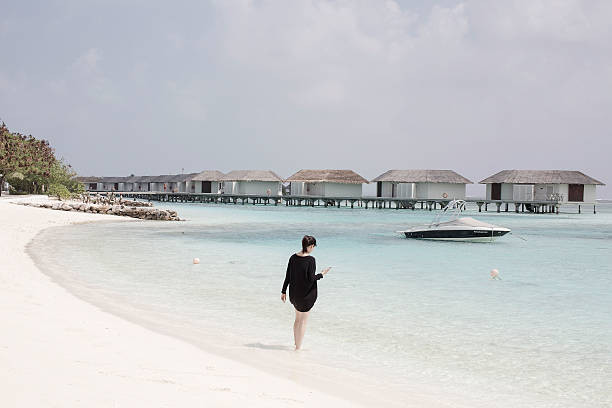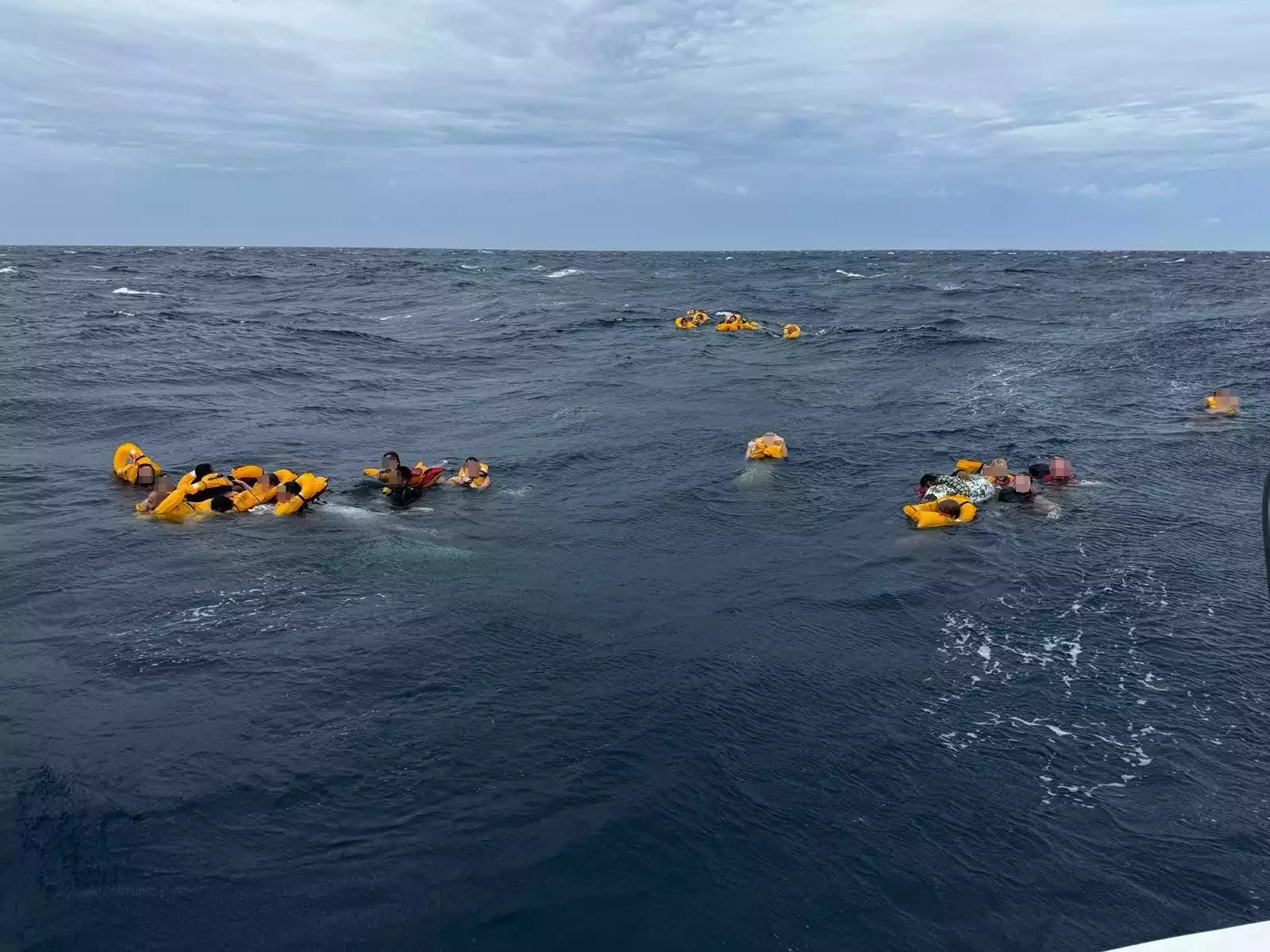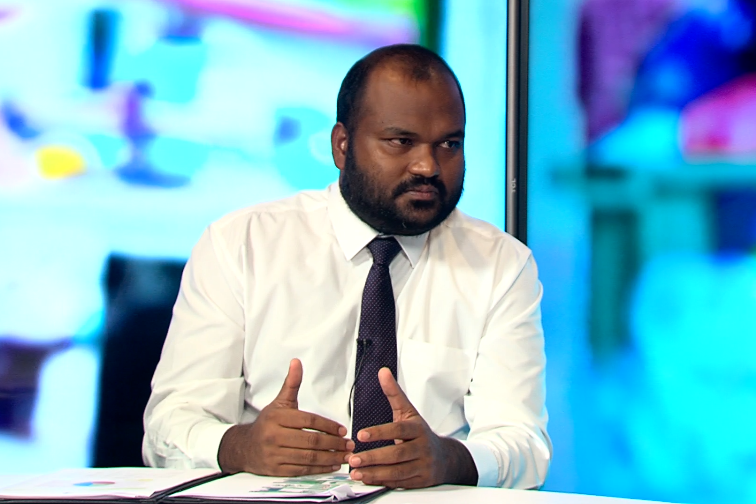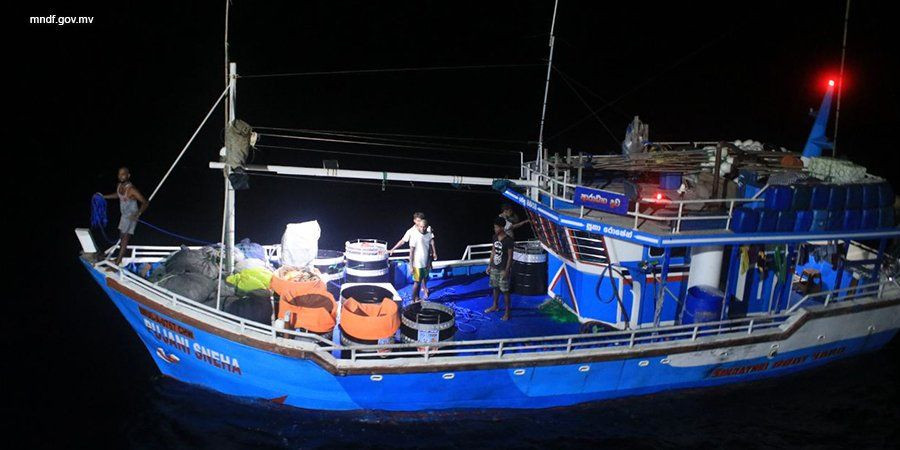Forex regulation disrupts resort operations, unleashes financial strain on employees
In the concerns submitted to MMA by resort operators, they have stressed that this is not a regulation formulated through adequate consultation and that it is "far from reality." They have also highlighted that this is not a regulation that can be implemented sustainably.


A woman walking along the sandy beach of a resort in the Maldives
With the mandatory conversion of USD 500 for every guest arriving at each resort to a Maldivian bank starting from 1 October 2024, resort operators and tourism industry experts have been stressing that the regulation by the Maldives Monetary Authority (MMA) will unleash significant challenges in operating resorts and will have negative impacts on employees as well.
In the concerns submitted to MMA by resort operators, they have stressed that this is not a regulation formulated through adequate consultation and that it is "far from reality." They have also highlighted that this is not a regulation that can be implemented sustainably.
Resorts have been pointing out that when implementing the regulation, no exceptions have been given considering different situations. The new regulation applies to all guests arriving at resorts. From infants under a year old to adults staying for three or four days paying USD 65 per night in the off-season, USD 500 must be converted for each.
Regardless of the length of stay, age, price paid, or even if staying for free as a special guest, dollars are required to be converted.
For some resorts, they will have to convert between 30-60 percent of their total revenue under the new regulation. As a result, resort operators have said that U.S. dollars needed to operate the resort will be limited, which will bring about major challenges in resort operations.
Given that Maldives’ tourism is renowned worldwide as a high-end service, the expectations of tourists coming to the Maldives remain high. Consequently, resorts need to import the highest quality food and service items from multiple regions across the globe. As a result, 90 percent of resort operating costs are in U.S. dollars.
There are also several employees in resorts who are paid in U.S. dollars. Service charge is also in dollars. Insurance and all taxes payable to the government are also paid in dollars. TGST, Green Tax, and land rent are also paid in dollars. Further, large loans and interest taken from foreign banks for resort development are also paid in dollars.
While mandating the conversion of USD 500 per guest, the government has stated that economy passengers will have to pay USD 40 and business class passengers USD 120. Green Tax has been increased from USD six to USD 12 per person per day. It has also been announced that TGST will be increased. This means that for a family of four coming to the Maldives for a one-week stay, if traveling economy class, they will have to spend an additional USD 360. If traveling business class, they will have to spend over USD 700 additionally.
Resorts have stressed that tour operators sending tourists to the Maldives are dissatisfied with these increased costs. In their view, this will lead to a decrease in the number of tourists coming to the Maldives, encouraging tourists to go to other competitive destinations offering good value for money. Resort operators are now forced to lower resort prices to maintain occupancy.
Resort operators believe that bearing this burden is not sustainable for them. To make the business profitable, they are now forced to take steps to reduce resort expenses. Some resorts are considering closing during the off-season. If a resort closes for four months during the off-season, industry experts say they will be forced to send employees on unpaid leave. If that happens, many families are likely to face very unfortunate and dire situations.
On the other hand, resort operators say that due to converting a large amount of dollars, they will be forced to pay all monthly salaries and service charges in Maldivian rufiyaa to reserve dollars needed for resort operations. In addition to his, with the surge in taxes, it is a fact that to minimize the loss to guests, room rates will be lowered, resulting in less service charge received each month.






